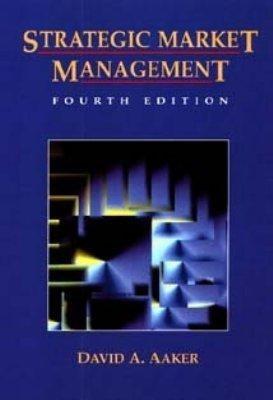Question
Question 1 The offset policy as it applies to non-attainment areas means: Group of answer choices that clean area must offset dirty area that pollution
Question 1
The "offset policy" as it applies to non-attainment areas means:
Group of answer choices
that clean area must offset dirty area
that pollution at one plant can offset pollution at other plants
that some areas of dirty air are permissible
that the net effect of opening a new plant is that the air is cleaner in the non-attainment area.
2.Which of the following would NOT be a point source under the Clean Water Act?
Group of answer choices
agricultural runoff from farm land
liquid waste from a pipe draining into a lake
liquid waste entering a lake from a ditch
None of the above; they are all point sources
3,
The Act that best regulates the discharge of pollutants from non-point sources is:
Group of answer choices
The Clean Water Act
4.
The difference between a per se violation and a violation subject to the rule of reason under Section 1 of the Sherman Act is:
Group of answer choices
per se violations do not require an economic analysis; they are presumed to be anti-competitive
violations that are subject to the rule of reason are presumed to be anti-competitive and do not require economic analysis
per se violations involve corporations. The rule of reason applies to individuals and partnerships.
per se violations apply to publicly-traded corporations; the rule of reason applies to closely-held corporations
The Safe Drinking Water Act
The Oil Pollution Control Act
None of the above; there is no regulation of non-point pollution
5.
If a consumer believes that there is erroneous information in his/her credit report, but the credit reporting agency believes it to be accurate, the consumer:
Group of answer choices
must accept the decision of the agency
may attach his/her version to the credit report
may appeal the decision to the FTC
may sue the agency for fraud
6,
If a paper manufacturer merged with a printing company, it would be a:
Group of answer choices
horizontal merger
vertical merger
market extension merger
conglomerate merger
7.
A wholesaler sells a product to many businesses. To large buyers such as Walmart and Target, the wholesaler sells the product at $1.50/unit. To small buyers such as local businesses, it charges $2.00/unit. Under the Robinson-Patman Act, what type of a violation might this be?
Group of answer choices
primary line injury
secondary line injury
tertiary line injury
none of the above; this is not price discrimination
please ansewer as soon as possible my time frame is too short
legal environment of business 418
it has been over two hour I need this now, that why I pay my bill every month
Step by Step Solution
There are 3 Steps involved in it
Step: 1

Get Instant Access to Expert-Tailored Solutions
See step-by-step solutions with expert insights and AI powered tools for academic success
Step: 2

Step: 3

Ace Your Homework with AI
Get the answers you need in no time with our AI-driven, step-by-step assistance
Get Started


